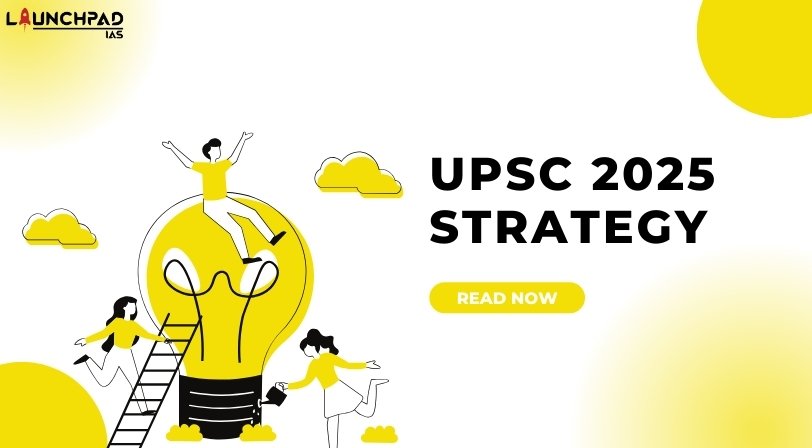With great pleasure, we will explore the intriguing topic related to Emerging Technologies for UPSC 2025. Let’s weave interesting information and offer fresh perspectives to the readers.



In the rapidly evolving technological landscape, it is imperative for aspirants of the Union Public Service Commission (UPSC) Civil Services Examination to stay abreast of emerging technologies that are poised to shape the future. This article aims to provide an overview of key emerging technologies that candidates should be familiar with for the UPSC 2025 examination.

AI involves the development of computer systems that can perform tasks that typically require human intelligence, such as learning, problem-solving, and decision-making. AI has applications in various domains, including:

Blockchain is a distributed ledger system that records transactions securely and transparently. It is the underlying technology behind cryptocurrencies like Bitcoin and Ethereum. Blockchain has the potential to revolutionize industries such as:

IoT refers to the network of physical devices, embedded with sensors and software, that can connect and exchange data over the internet. IoT has applications in:

Cloud computing provides on-demand access to computing resources over the internet. It allows users to access software, storage, and processing power without investing in physical infrastructure. Cloud computing has applications in:

5G is the fifth generation of wireless technology, offering significantly faster speeds and lower latency than previous generations. It is expected to enable new applications and services in:

AR and VR are immersive technologies that allow users to interact with digital content in the real world (AR) or in a simulated environment (VR). They have applications in:

Additive manufacturing involves creating three-dimensional objects by adding layers of material. It is used in:
Renewable energy sources, such as solar and wind power, are becoming increasingly important in the fight against climate change. UPSC candidates should understand the technologies and policies related to:
Biotechnology involves the use of biological systems to develop products and services. Key areas of biotechnology include:
Quantum computing utilizes the principles of quantum mechanics to perform calculations that are impossible for classical computers. It has potential applications in:
Emerging technologies have significant implications for the UPSC Civil Services Examination. Candidates should expect questions on:
Emerging technologies are transforming the world at an unprecedented pace. UPSC aspirants must stay informed about these technologies to understand their potential impact on various aspects of governance and society. By incorporating these technologies into their preparation, candidates can enhance their knowledge and sharpen their analytical skills for the UPSC 2025 examination.








Thus, we hope this article has provided valuable insights into Emerging Technologies for UPSC 2025. We hope you find this article informative and beneficial. See you in our next article!